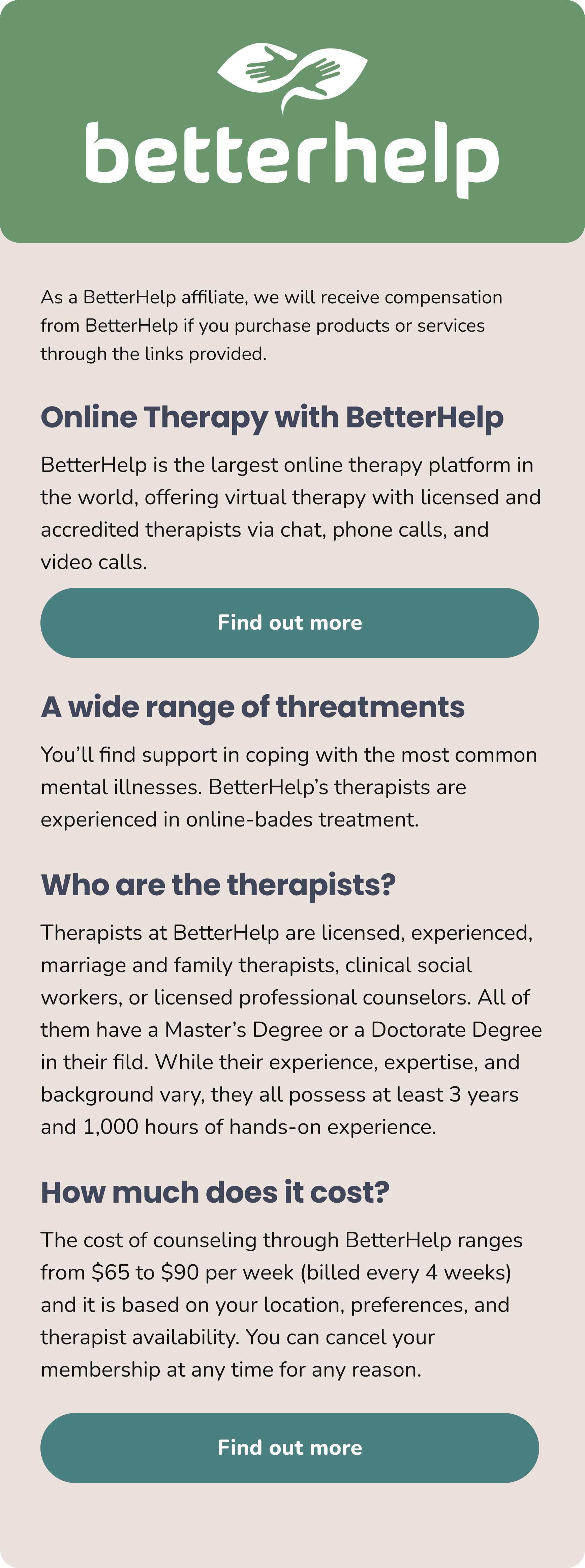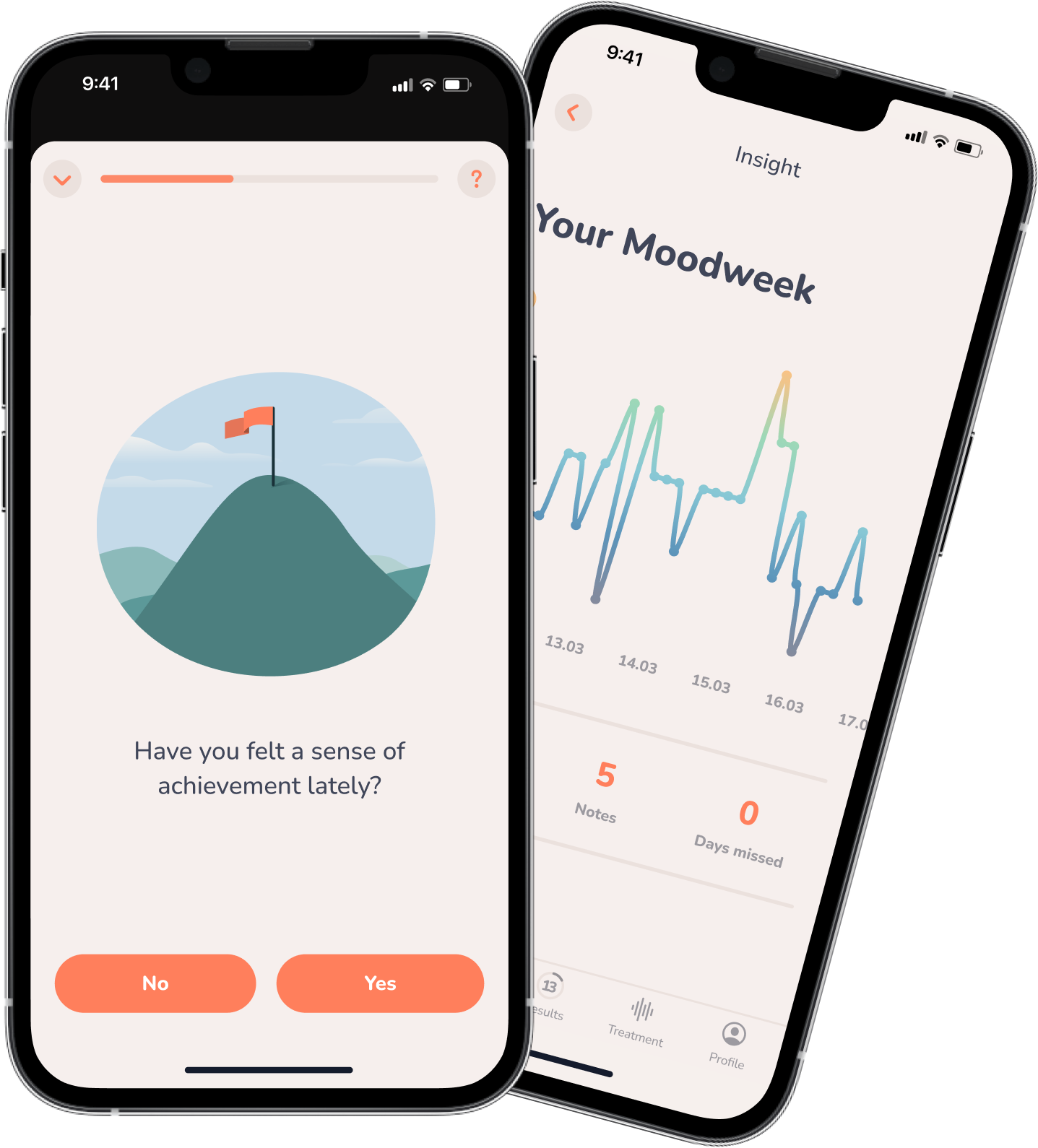Insight
Bullied at Work—Here’s What You Can Do!
Feeling close to others is a basic psychological need, as is feeling appreciated or at least respected by others. When you’re not feeling close to others or appreciated or respected, then, it can really hurt. Being excluded or treated with hostility, in fact, activates the same regions in the brain as physical pain. It’s no wonder, then, that those who feel bullied can really suffer.
In adulthood, bullying occurs most frequently in work settings. This is in large part, no doubt, because work is where most adults spend the majority of their waking hours. In this article, we look at the nature of workplace bullying, its causes and consequences, and what you can do if you are being bullied at work.
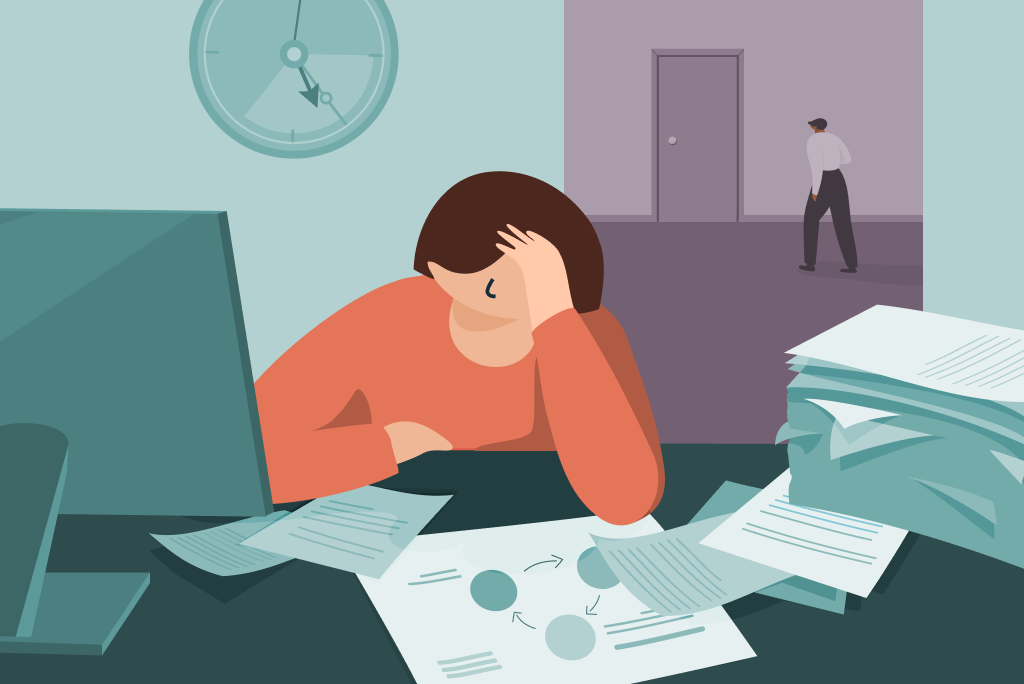
Normal Conflict or Deliberate Harassment?
Many personalities come together at work—and with them, different interests, opinions, and approaches. Add to this all the to-dos, time pressures, and high demands and you can begin to see why heated discussions would arise from time to time or that people would occasionally hurt each other, even if inadvertently. And, not everyone will get along to the same degree. This is all normal and doesn’t have to get in the way of good working relationships.
What is not normal and not expected, however, is harassment, discrimination, or exclusion in a work setting, especially over a period of time. If colleagues spread rumors about you, avoid you, withhold important information from you, or constantly criticize or even insult you, these are bullying behaviors.
The Making of a Bully: The Whos and Whys
There can be any number of reasons someone would bully someone else: envy, frustration, fear, competition, not liking the other person, etc. Very often, though, those who bully are (unconsciously) trying to make themselves feel better or more powerful by devaluing others. If someone else comes along who condones or even participates in the behavior, the person who is bullying is encouraged that much more. Sometimes such behavior is an attempt to “get rid” of a person the bully perceives to be in direct competition with them or who they otherwise feel threatened by. Others resort to bullying because they have simply not learned how to deal with conflict constructively. The risk of bullying is higher in companies with poor communication and with chaotic structures.
As far as who typically exhibits bullying behaviors, some might be surprised that it’s more common to be bullied by a supervisor than a co-worker, though co-worker bullying happens, too. Regardless of whether supervisor or co-worker, people who deliberately bully or ostracize others are insecure at their core, otherwise they would not have to resort to such means. In addition, one who bullies usually lacks empathy and social skills.
Consequences of Being Bullied
Pretty much anyone who is regularly excluded, treated unfairly, or is the target of hostility will be negatively impacted. It’s common in this situation to feel heightened stress or increased self-doubt, anxiety, irritability, and even symptoms of depression. Those who feel they have to constantly watch their backs at work are usually less able to concentrate on their tasks and may make more mistakes. If work performance then suffers, this can lead to getting bullied even more, tipping off a vicious cycle.
Over a period of time, the psychological effects of bullying can move into the physical such as with abdominal pain, headaches, or back pain. When on the receiving end of bullying behaviors at work, many people (understandably) call in sick much more frequently or even quit.
What to Do?
If you are being bullied, you may feel the urge to withdraw, avoid co-workers, or call in sick. While these responses can provide some short-term relief, in the long term, though, they can end up reinforcing difficult feelings and thoughts because the problem has not been solved, only pushed away. Because being on the receiving end of bullying can have serious consequences, the situation should be addressed, and as early as possible.
It will likely take a good bit of courage, but even so, speak up as soon as you can when unfairly treated or excluded. Make it clear to the other person(s) that these behaviors are not okay and that you would like them to stop. It can help to prepare this conversation in advance. Ask yourself what your goal is for the conversation and what you want to address exactly. How might you communicate your message as clearly as possible? The MindDoc app has a course on dealing with conflicts that can help.
If speaking directly to the one bullying still doesn’t bring about a change in how they behave, seek the support of others. Perhaps you have co-workers or other higher ups you can go to to talk about what’s happening. A counseling center or support group could also be helpful. If your mental or physical health is being impacted by bullying, it’s likely a good idea to seek help from a mental health professional (or primary care physician). You definitely don’t have to cope with this situation alone!
And one more thing: Try to take good care of yourself outside of work. Do activities that you enjoy. Surround yourself with people who make you feel good. This will not solve the problem, but it will strengthen your well-being and self-esteem.
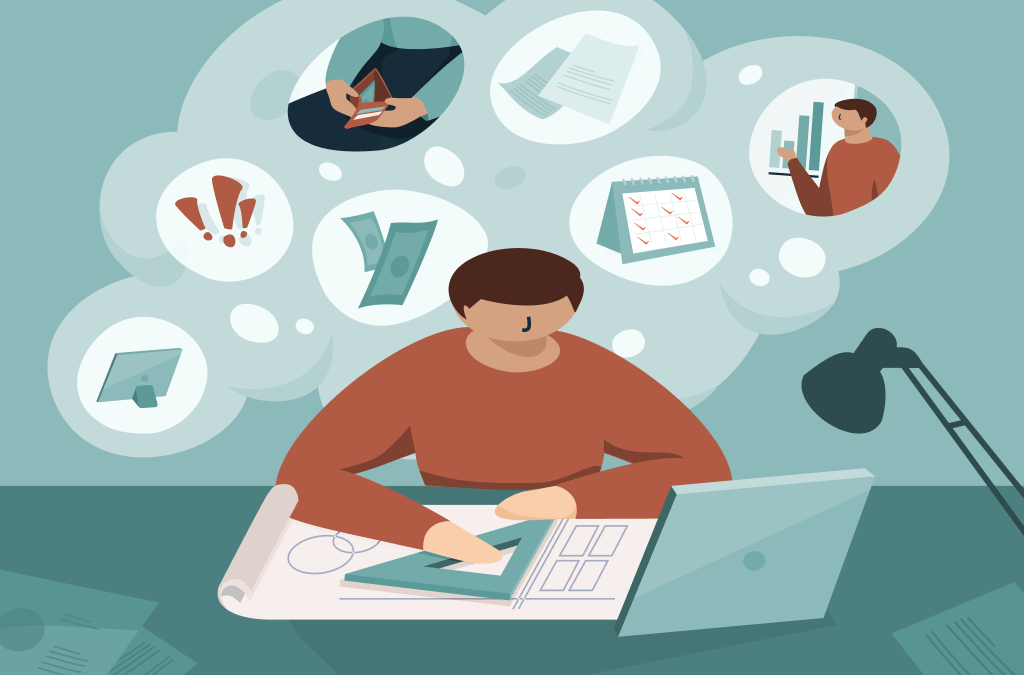
Psychological Needs in the Workplace: How to Meet Them
Deadlines, conflicts, pressure to perform—many people grapple with stressors at work. The extent to which these weigh on someone depends in large part on whether psychological needs are being met at work.
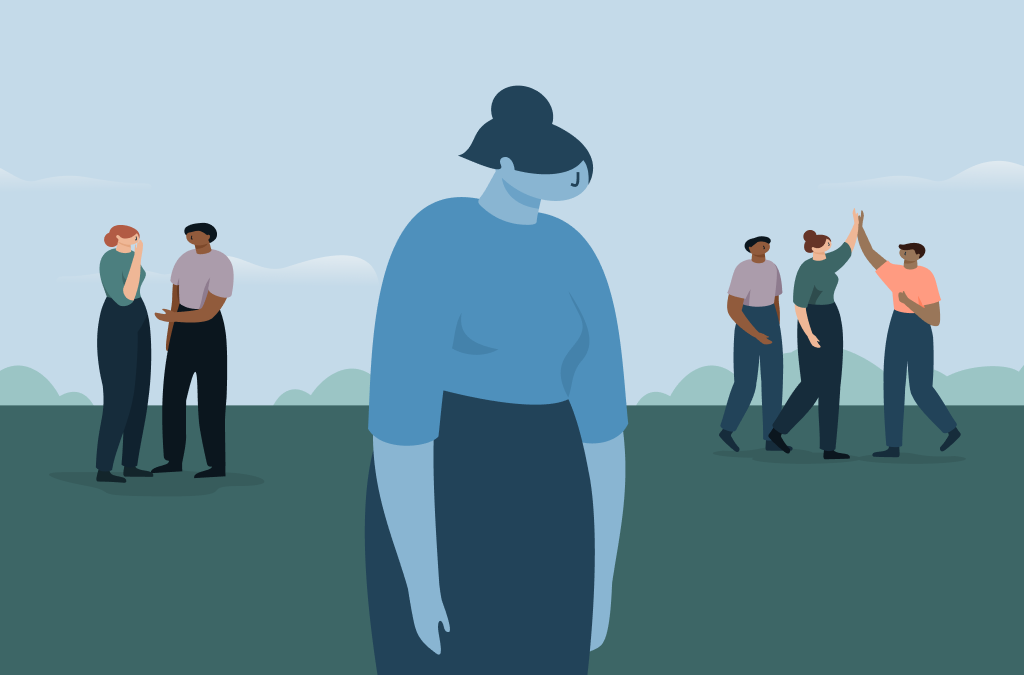
High-Functioning Depression: The Hidden Suffering
When people think of depression, usually intense sadness, low energy, social withdrawal, difficulty getting out of bed, and managing daily life come to mind. But this is not always the case.

Obsessive-Compulsive Disorder: When Thoughts and Actions Become Torture
In this article, we explore what characterizes such thoughts and behaviors as well as how they can be treated.
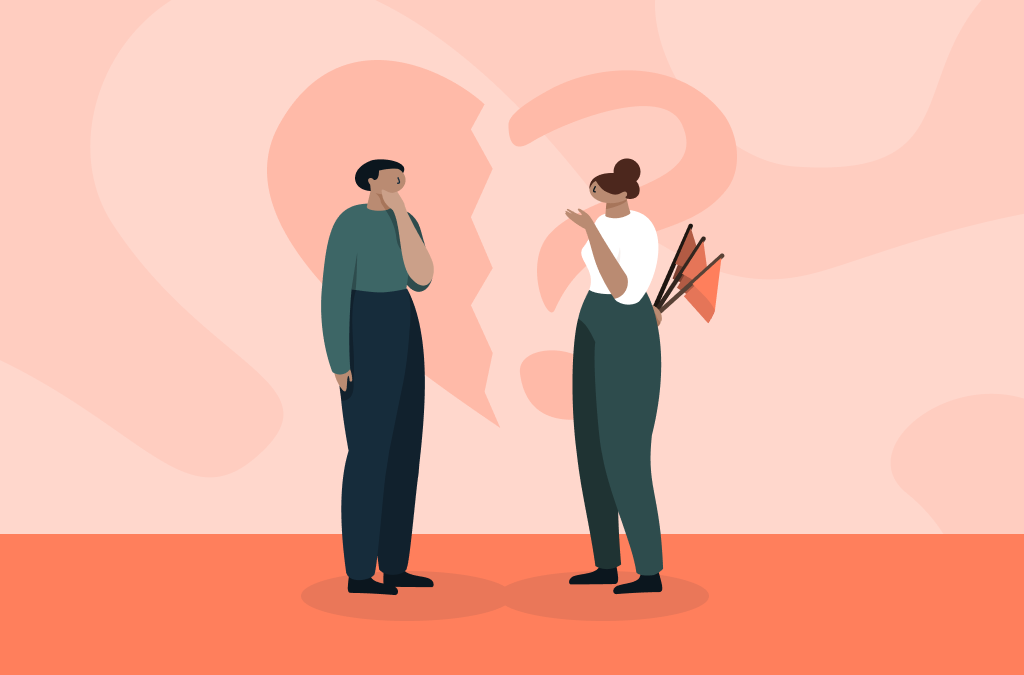
Myths and Facts: What makes a relationship healthy?
This article delves into what a healthy relationship looks like, debunking some common myths along the way.
